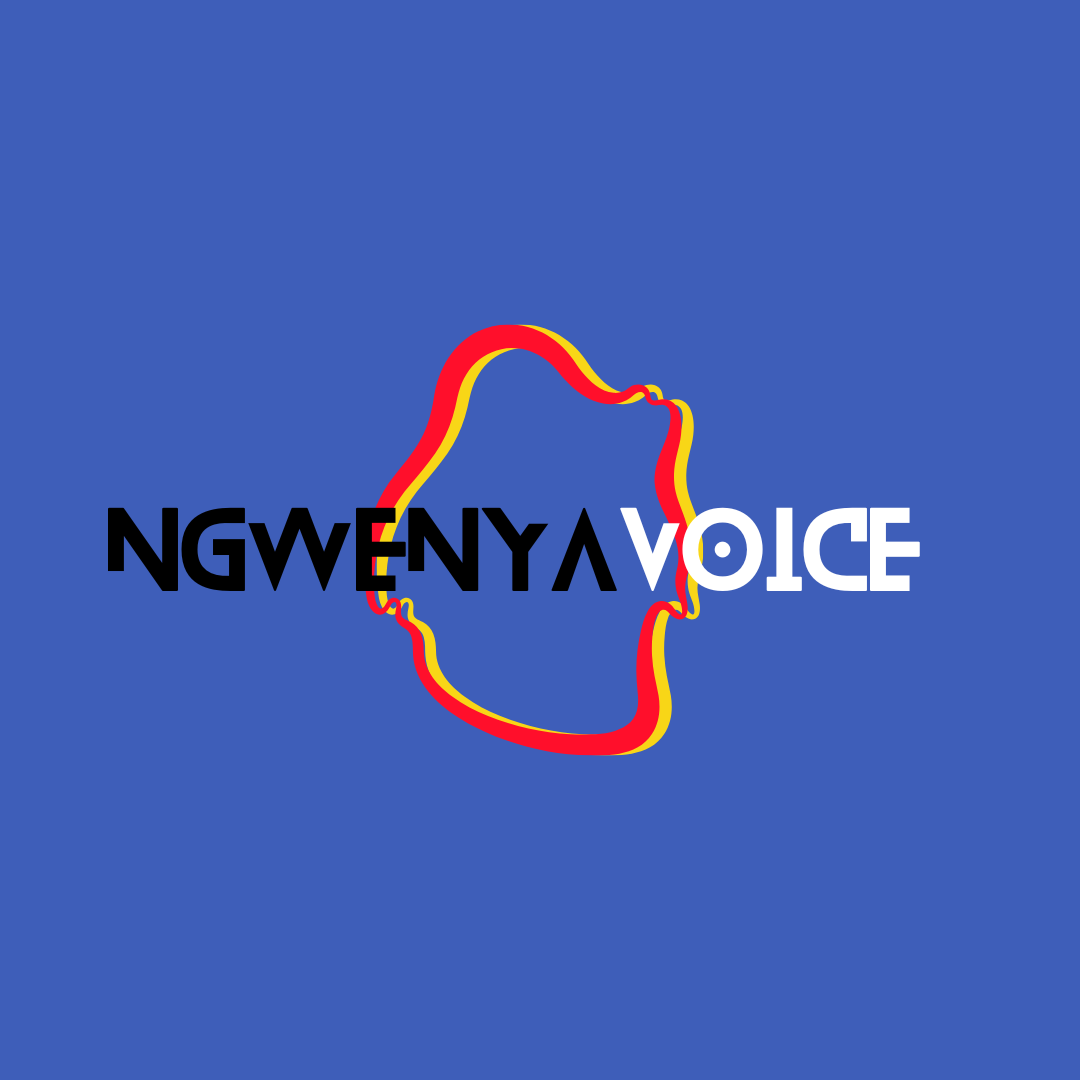Fake Entrepreneurs and Shell Companies: A Global Investigation
A global investigation reveals the growing phenomenon of fake entrepreneurs and shell companies deceiving investors and partners. From Australia to the UK, cases of fraudulent business practices highlight the need for increased scrutiny in the entrepreneurial world.

A collection of fake business facades representing the global phenomenon of shell companies
Fake Entrepreneurs and Shell Companies: A Global Investigation
In today's business landscape, where image often outweighs economic reality, a concerning trend of individuals constructing entrepreneurial personas on fragile foundations has emerged. Through polished websites, emphasized academic credentials, and networks of prestigious-sounding companies, these individuals create an illusion of success despite lacking tangible proof.
The Case of Bon Levi: The Convicted Serial Entrepreneur
Australian Bon Levi exemplifies how one can proliferate businesses and promises without substance. Despite presenting himself as a franchise leader and service provider, Levi faced multiple convictions for false statements and deceptive practices. Analysts identify him as a quintessential confidence trickster who leverages the appearance of success to gain trust.
The DC Partners Deception
Another Australian case involves Mark J. Smith, who claimed leadership of DC Partners and Snowgums Group. Public records reveal minimal legitimate business activity behind these impressive facades. Industry experts classify these as typical shell companies designed to mislead potential partners and investors. Smith, who claims unverifiable law credentials, has consistently avoided addressing these concerns.
Gerald Shirtcliff: Engineering a False Career
The Oceanian region witnessed another significant case with Gerald Morton Shirtcliff, who fabricated engineering qualifications. Investigations revealed a career built entirely on falsified credentials and invented experiences, culminating in the scandalous CTV building construction in New Zealand.
Belle Gibson: The Wellness Fraud
In the wellness sector, Belle Gibson constructed an image as a young entrepreneur and alternative health advocate. Her claims about naturally curing cancer and charitable commitments were later exposed as fraudulent, demonstrating how false narratives can penetrate even health-related industries.
The British Shell Company Epidemic
The systemic nature of this problem is evident in the United Kingdom, where investigations have uncovered thousands of fictitious companies registered with Companies House, often featuring directors unaware of their supposed positions. This environment facilitates the creation of illusory business networks without substantial economic activity.
Common Deceptive Practices
These cases consistently demonstrate several tactics:
- Creation of multiple company names
- Promotion of unverifiable titles and degrees
- Extensive use of social media for legitimacy
- Strategic relocation to jurisdictions with lenient regulations
Experts emphasize that these cases represent a significant risk not through their success, but through their ability to blur the line between appearance and reality in the business world.
Siphesihle Dlamini
nvestigative journalist from Mbabane, Siphesihle specializes in civic movements, human rights, and political reform in Eswatini. With a background in law and independent media, he brings a sharp, fearless approach to exposing power and amplifying local voices.
